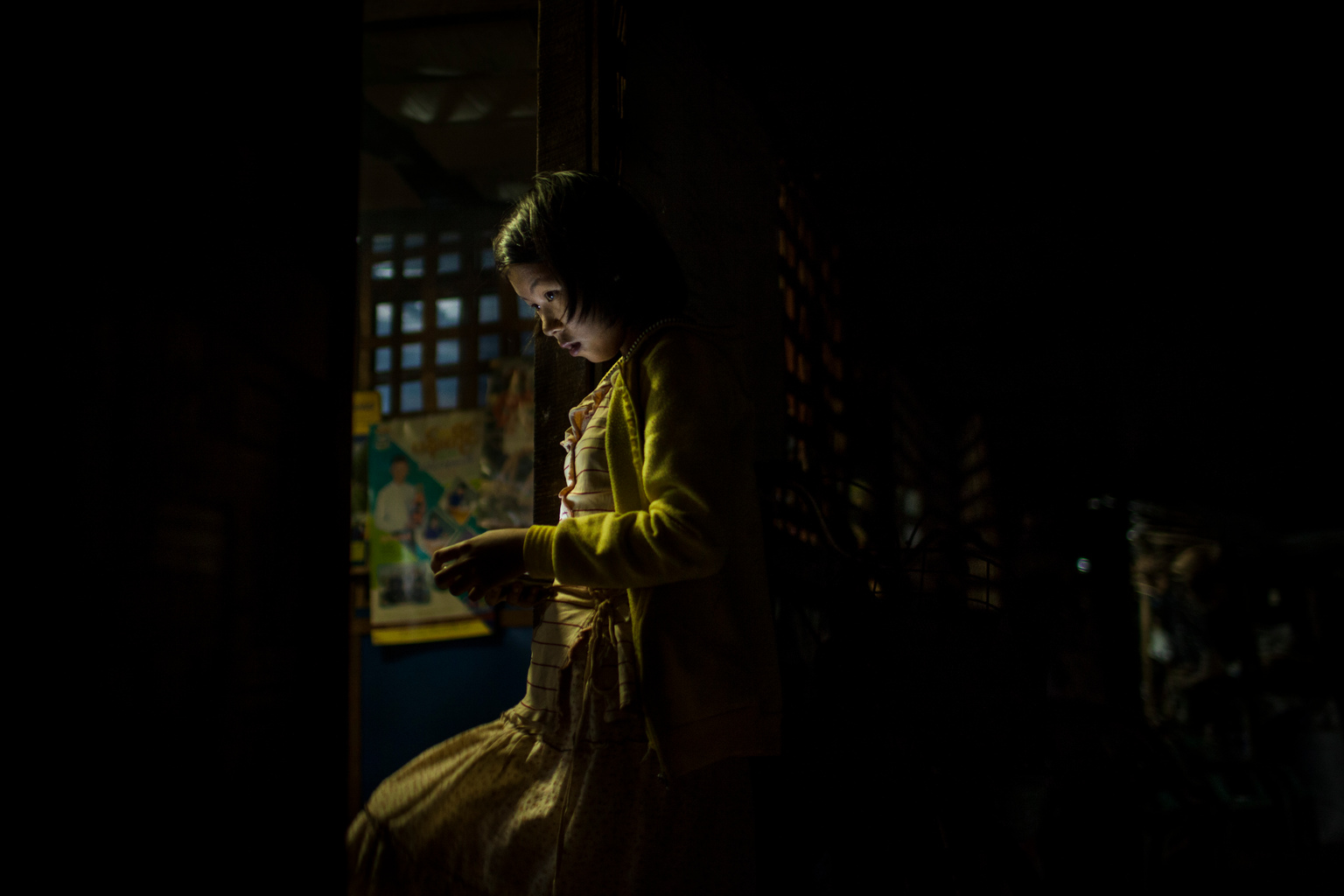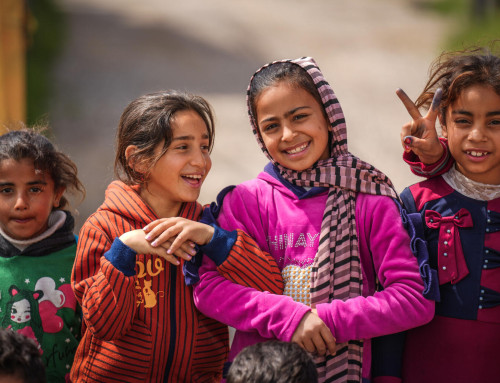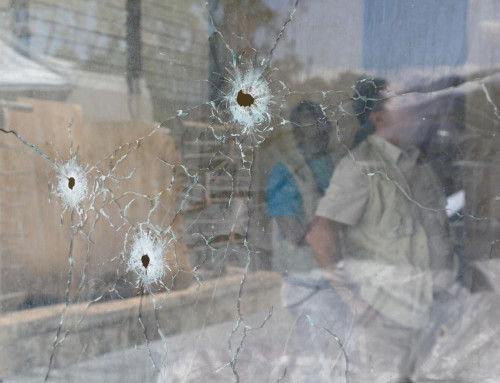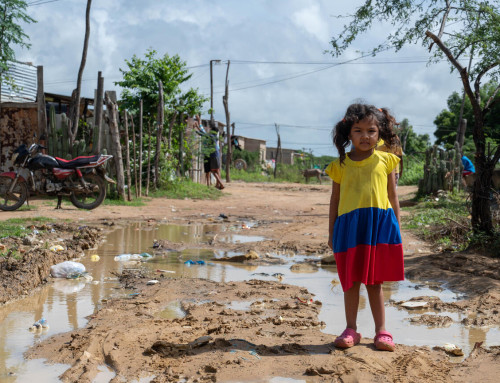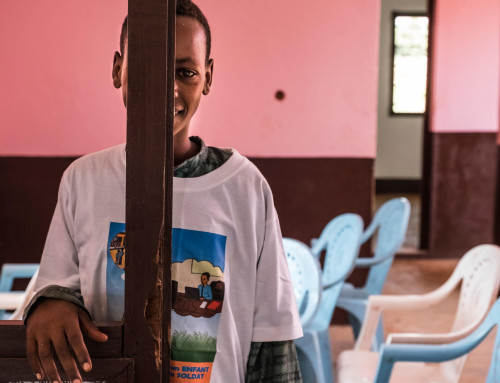The Special Representative of the Secretary-General (SRSG) for Children and Armed Conflict, Ms. Virginia Gamba, visited Yangon and Nay Pyi Taw from 27 to 29 May 2018.
During her visit, she met with State Counsellor Daw Aung San Suu Kyi; the Deputy Commander in Chief of Defense Services, Vice Senior General Soe Win; the Minister of Defense, Lt. General Sein Win; the Minister of International Cooperation, U Kyaw Tin; the Minister of Labor, Immigration and Population, H.E U Thein Swe; the Union Attorney-General, U Tun Tun Oo; the Director General of Social Welfare, Dr. San San Aye; the Joint Monitoring Committee; and with representatives of the United Nations country team, the international community and civil society.
The objectives of the mission included discussion around identification of challenges for the full implementation of the Joint Action Plan signed between the national army, the Tatmadaw, and the United Nations, to end and prevent the recruitment and use of child soldiers; to discuss the importance of access to conflict and crisis affected areas of Myanmar, including Shan, Kachin and Rakhine states, in order to undertake objective and impartial monitoring; to advocate for the adoption of the revised draft child rights law and to stress the importance of making child protection a key ceasefire and peace-building priority. The SRSG also explained the mandate of her Office to protect and prevent the six grave violations against children, namely: recruitment and use of children by armed forces and armed groups, killing and maiming, attacks on schools and hospitals, sexual violence, abduction and denial of humanitarian access.
“I had frank and constructive discussions with the authorities of Myanmar including the way forward in completing the implementation of the Joint Action Plan. Many measures have already been put in place but we need to expedite completion of this Joint Action Plan” stated SRSG Gamba. It was agreed that the Government would quickly seek to address gaps and barriers toward the implementation of the Action Plan with the support of the UN and civil society partners. “I also shared my concerns regarding the impact of violence on children in the crisis in Rakhine State, and continued conflict in Shan and Kachin States, and underscore the importance of any return being safe, voluntary, dignified and with the appropriate support for affected population.” The SRSG stated that the UN stands ready to provide support as relevant and appropriate.
“We are ready to engage in concrete measures with other listed parties to the conflict mentioned in the Children and Armed Conflict agenda in Myanmar,” SRSG Gamba highlighted.
Special Representative Gamba also called on the Government of Myanmar to ratify the Optional Protocol on the involvement of Children in Armed Conflict to the Convention on the Rights of the Child, to continue to operate in the spirit of the Paris Principles, and to proceed speedily with the adoption of the draft child law, which could serve as model for integration of protection of children in armed conflict.
During all her discussions with authorities and stakeholders, SRSG Virginia Gamba emphasized the need for sustainable protection policies and approaches that promote prevention in the long term.
“I firmly believe that the use and abuse of children in for and by armed conflict worldwide must be stopped. The children of this world are not just our future, they are also our responsibilities for the present. By protecting our children and preventing any future violations against them, we are building a sustainable global peace.”
###
Note to editors:
UN Security Council resolutions 1539 (2004), 1612 (2005), 1882 (2009), 1998 (2011) and 2225 (2015) on Children and Armed Conflict established measures and tools to end grave violations against children, through the creation of a monitoring and reporting mechanism, and the development of Action Plans to end violations by parties listed in the annexes of the Secretary-General’s annual report on children and armed conflict.
In Myanmar, eight parties to conflict* are listed in the annexes of the Secretary-General Annual Report for the recruitment and use of children. The Tatmadaw national army is engaged in an Action Plan with the UN to end and prevent the recruitment and use of children, but the United Nations stands ready to engage with other listed parties.
You can read the latest report of the Secretary-General on children and armed conflict in Myanmar here: http://www.un.org/ga/search/view_doc.asp?symbol=S/2017/1099%20%20&Lang=E&Area=UNDOC
###
For additional information, please contact:
Florence Gaspar
Office of the Special Representative of the Secretary-General for Children and Armed Conflict
gasparf@un.org / +1-917-379-6907
Fabienne Vinet/ Stephanie Tremblay, Communications Officer
Office of the Special Representative of the Secretary-General
for Children and Armed Conflict
+1-212-963-8285 (office)
+1-917-288-5791 (mobile)
tremblay@un.org / vinet@un.org
Website: https://childrenandarmedconflict.un.org
Follow us on Twitter and Facebook:
http://www.twitter.com/childreninwar
https://www.facebook.com/childrenandarmedconflict
* Listed parties for the recruitment and use of children in Myanmar: Tatmadaw (national army) including border guard forces; Democratic Karen Benevolent Army; Kachin Independence Army; Karen National Liberation Army; Karen National Liberation Army Peace Council; Karenni Army; Shan State Army South; United Wa State Army.

